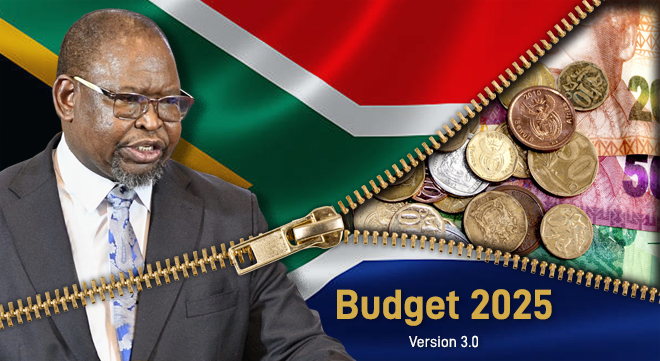
GNU secures first Budget as NCOP passes Appropriation Bill
Government departments can now implement their spending plans for services, infrastructure, and social programmes.

Government departments can now implement their spending plans for services, infrastructure, and social programmes.
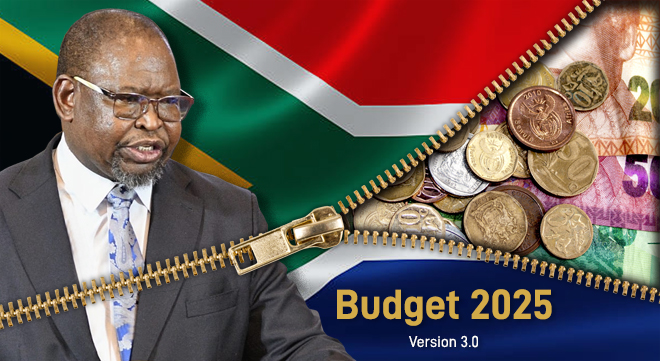
The National Assembly has passed the 2025 Appropriation Bill, unlocking R2.3 trillion in government spending.

The fuel levy hike remains in force, but a broader court challenge over the finance minister’s power to increase taxes continues.
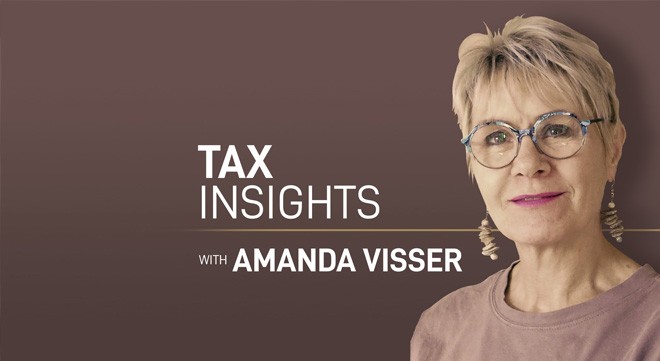
Is it time for ‘a proper austerity budget’ that will free up funds for growth-boosting infrastructure projects and service delivery?
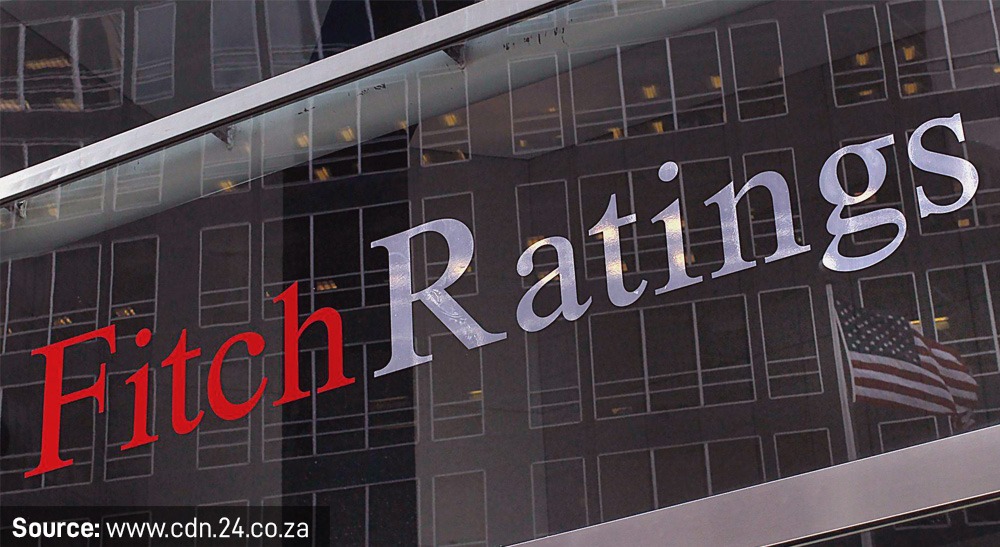
National Treasury forecasts a narrowing deficit, from 4.8% of GDP in 2025/26 to 3.8% in 2026/27. Fitch, however, projects larger deficits of 5.1% and 4.5% respectively.
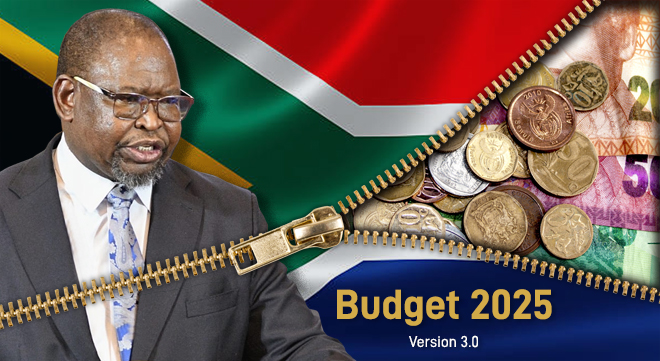
Recent reports and the Budget Overview expose deep flaws in local government, prompting urgent calls for debt reforms and stricter accountability.
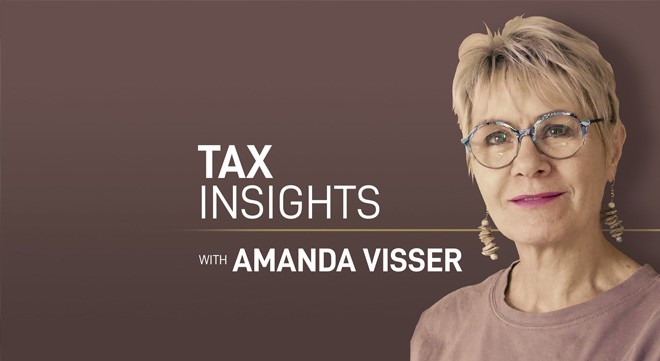
UCT tax lecturer Ben Cronin argues that by allowing the minister to amend the income tax rates by announcement in the Budget, Parliament has overstepped its competence, eroding the doctrine that places legislative authority firmly in its hands.
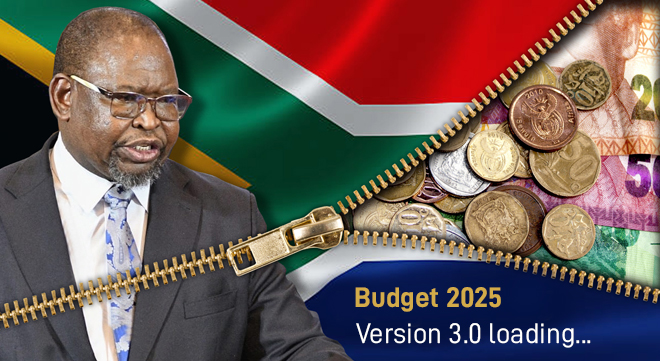
Finance Minister Enoch Godongwana won’t reveal where the spending cuts or savings will come from but says South Africa must “do more with less”.
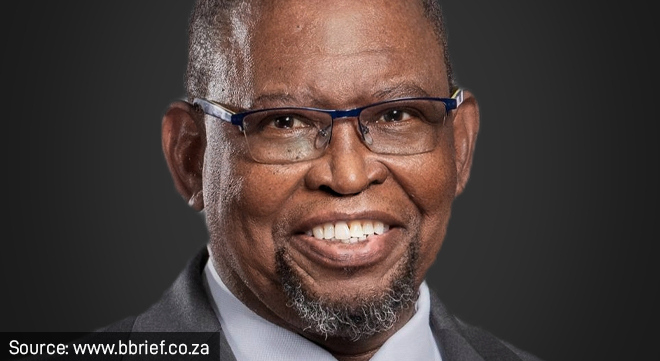
South Africa’s credibility among investors and ratings agencies will depend on whether the government meets the fiscal targets it has set, says Treasury.

Tax specialist Louis Botha answers pressing questions about the suspended VAT increase and its broader implications for budget-making power and taxpayer rights.
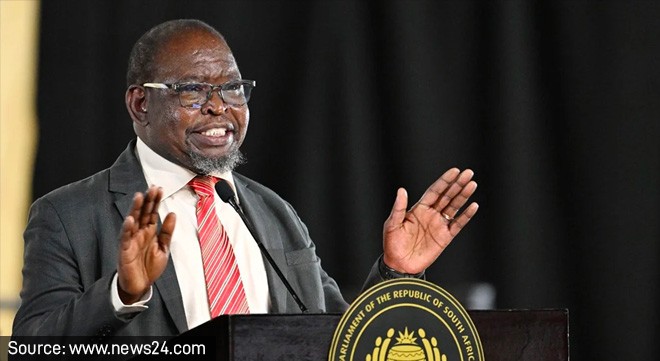
SARS tells vendors there is now no legal basis for them to charge consumers VAT of 15.5% from 1 May.
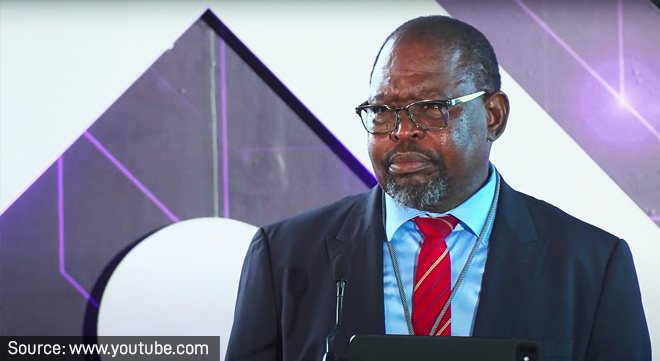
The ANC and the DA present South Africans with different versions of what led to the decision to halt the increase.
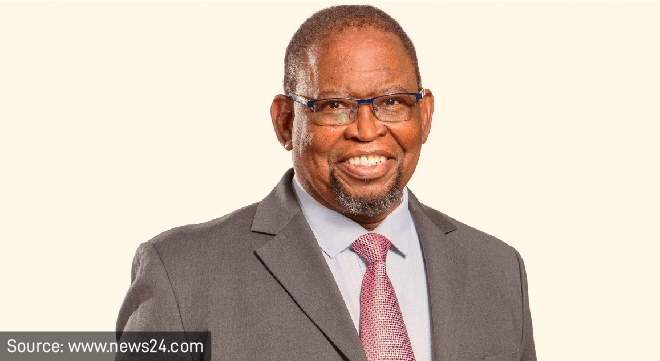
The finance minister defends the VAT hike as an urgent fiscal necessity, warning that suspending it could blow a R13.5bn hole in the Budget.
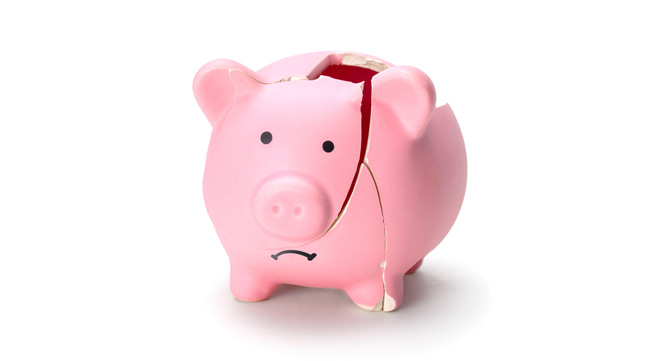
Danie van Zyl of Sanlam Corporate Investments warns that allowing access to retirement components in retrenchment cases might jeopardise long-term savings and place added pressure on trustees.
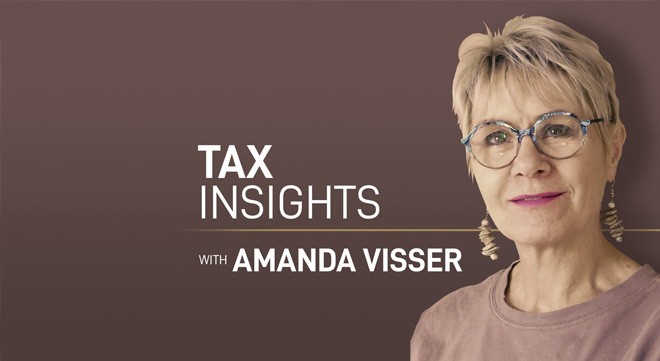
Once implemented on 1 May, undoing the VAT hike could prove nearly impossible. Even if Parliament later votes against the Rates and Monetary Amounts Bill, the logistics of refunding the collected VAT present formidable challenges.
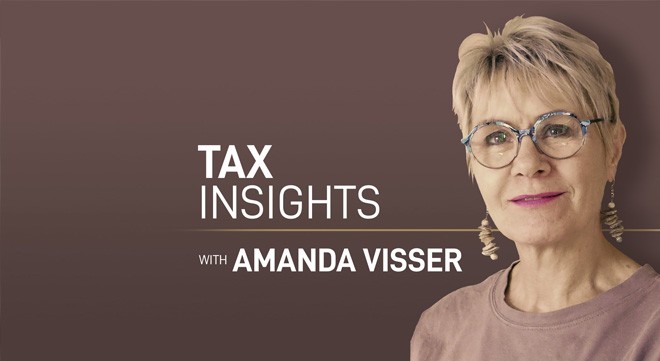
The move will limit taxpayer defences that rely solely on claiming an unintentional mistake.

The minister’s address to the FSCA conference also touched on regulation, South Africa’s G20 presidency, political tensions over the Budget, and economic growth.